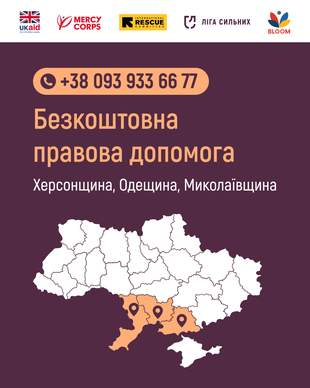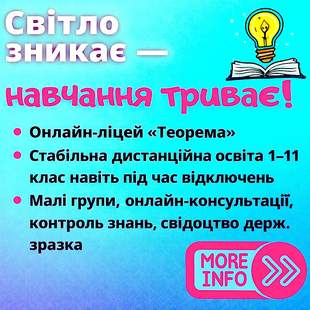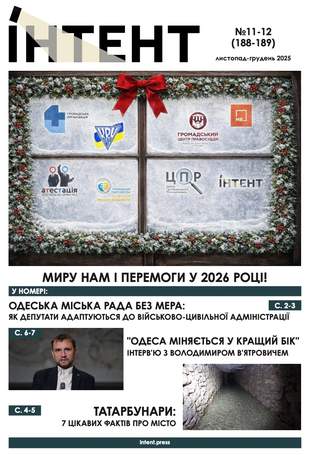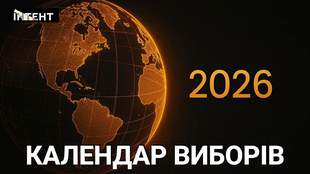Меню
Соціальні мережі
Розділи
Nov. 27, 2024, 5:45 p.m.
Ursula von der Leyen takes over the European Commission for the second time
This article also available in English142
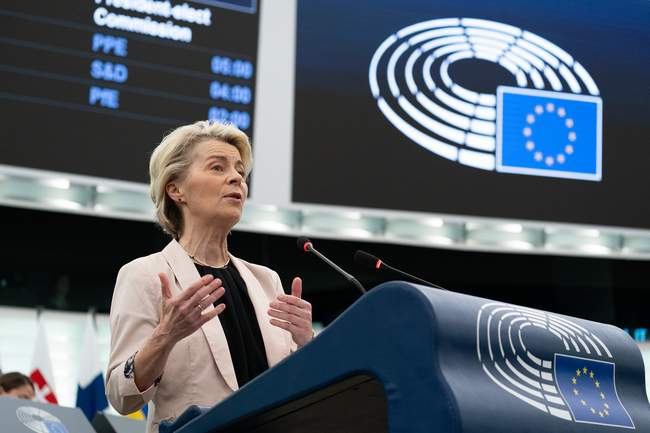
Photo: European Parliament
After a debate, MEPs elected members of the European Commission and voted to appoint Ursula von der Leyen as its new head.
According to the European Parliament's website, 370 MEPs voted in favor of her appointment, 282 were against, and 36 abstained.
On the eve of the vote, Ursula von der Leyen presented her team and program, in which she confirmed the changes in the portfolio that MEPs had demanded during the parliamentary evaluation process.
The European Commission (or the European Commission for short) is the highest executive body of the European Union, which roughly corresponds to the role and functions of government in the systems of nation states. Unlike national governments, the European Commission can also perform the function of legislative initiative, but only within the EU and in accordance with the European Union's legislation.
Ursula von der Leyen announced that the Commission' s first initiative will be a competitiveness compass to narrow the innovation gap between Europe and the US and China, increase security and independence, and ensure decarbonization. Referring to the wars in Ukraine, the Middle East and parts of Africa, she said that Europe should play a stronger role in all these areas.
Ursula von der Leyen is a German politician, member of the Christian Democratic Union, Minister of Defense of Germany in 2013-2019; since December 1, 2019, she has been President of the European Commission. On the recommendation of the European Council, von der Leyen was elected President of the European Commission by the European Parliament on July 16, 2019.
On April 8, 2022, the politician traveled to Kyiv to support Ukrainians, visited the site of the Bucha massacre, and promised to work for Ukraine's accession to the EU. On May 4, 2022, she announced that the European Union would seek to ban all imports of Russian crude oil and petroleum products.
